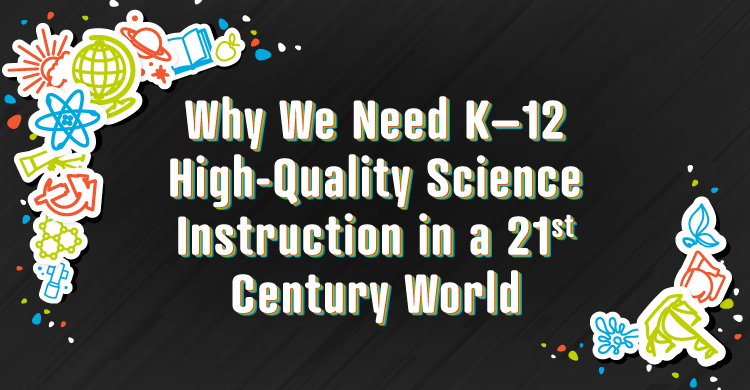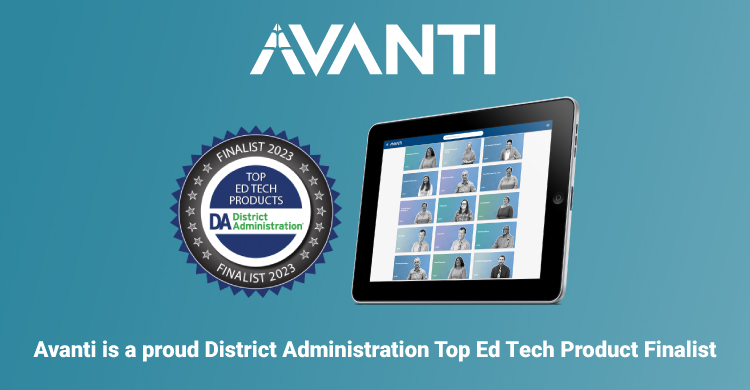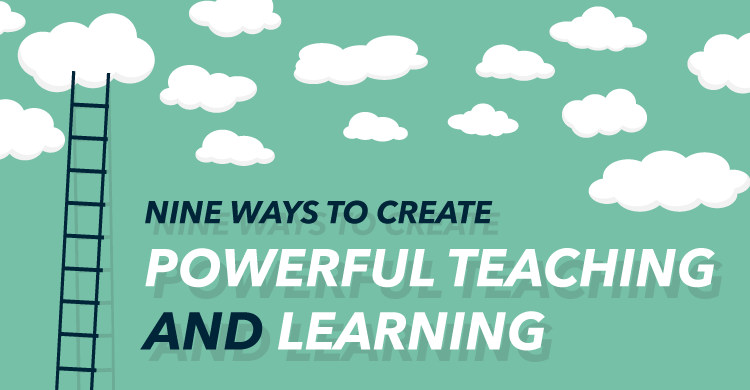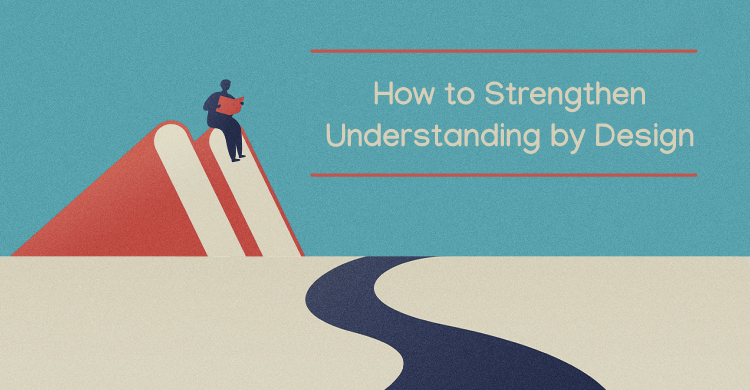Why We Need K–12 High-Quality Science Instruction in a 21st Century World
Elliott Seif is the author of Teaching for Lifelong Learning: How to Prepare Students for
Read More

Elliott Seif is the author of Teaching for Lifelong Learning: How to Prepare Students for
Read More
Whether you’re a current subscriber to Avanti or are curious as to what this innovative
Read More
Hello again, authors! It’s that time. Time to get on camera to market that book.
Read More
Elliott Seif is the author of Teaching for Lifelong Learning: How to Prepare Students for
Read More
I’ve been fortunate to be part of the Understanding by Design (UbD) family for a
Read More